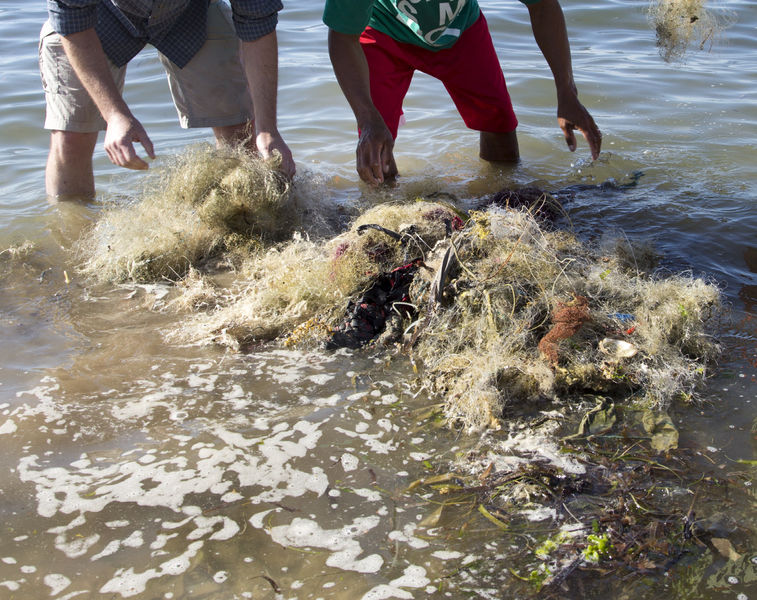Championing sustainability leadership in education
Steve Hamilton, Vice President and General Manager, UK, Ireland and the Middle East at Interface, explains the importance of taking the lead in creating a more sustainable future for the nation’s colleges and universities.
To find out more about Interface, Mission Zero and Climate Take Back, visit: www.interface.com.
We at Interface are proud to be sponsoring the Leadership award category at this year’s Green Gown Awards - which recognises sustainability best practice in the education sector. The Leadership award in particular celebrates outstanding individuals working at a senior level at education institutions across the country to embed sustainable thinking into the day-to-day operations of their organisations.
Interface believes passionately in the importance of leadership on sustainability issues, whether through innovations in product development, or radical transformations in the way companies and institutions operate. With sustainable practice moving up the built environment agenda, it’s vital that all organisations - including those in the education sector - rethink any negative impact of existing processes on their supply chain, their operations and, ultimately, our planet.
For Interface, genuine leadership means championing truly sustainable ways of working. This doesn’t just mean changing the way we do things, but dramatically rethinking ideas so our practices evolve to surpass original expectations. It means challenging perceptions that are considered the norm. When it comes to sustainability, by looking at completely new ways of working with a restorative vision in mind, major breakthroughs can be made.
This is what we have been committed to achieving since 1994, when Interface’s late founder, Ray Anderson, made a public commitment to become wholly sustainable by 2020 - Mission Zero. This ambitious commitment has inspired innovation across our organisation, from the sourcing of raw materials to more sustainable manufacturing processes and end-of-life management. Thanks to this, Interface has made significant progress towards its sustainability targets, achieving 95 per cent reduction in greenhouse gas emissions worldwide, an 86 per cent reduction in water use, and zero waste to landfill in its European operations.
With Mission Zero goal in sight, Interface is now looking beyond 2020 and has recently announced a replacement commitment to build on its achievements, called Climate Take Back. As a new mission to run the business in a way that creates a climate fit for life, as well as encouraging the wider industry to do so, Climate Take Back involves working towards four key objectives. These include: having zero environmental impact; championing technologies to sequester carbon positively; supporting the biosphere in regulating the climate; and leading industry re-revolution through cross-sector collaboration.
Organisations – including universities and colleges - cannot make such a transformation on their own, however. They need to collaaborate with like-minded partners to take positive steps towards a more sustainable future, as we did when establishing Net-Works™. We partnered with the Zoological Society of London (ZSL) to launch the initiative that helps tackle the environmental problem of discarded nylon fishing nets in some of the world’s poorest coastal areas. These nets are collected by local communities and sold back into the global supply chain, providing the carpet industry with recycled nylon, while cleaning up endangered ecosystems and providing locals with new income streams. Since its launch in 2012, NetWorks™ has collected over 142 tonnes of waste nets to be recycled for use in Interface carpet tiles.
Education institutions, with senior leadership, can achieve similarly ambitious goals by working together with each other and supply chain partners, pooling resources, sharing vital insight and varied expertise to address a wide range of supply chain and operational challenges, with minimised risk.
By collaborating, universities and colleges can gain a deeper understanding of the wider impact of their sector and beyond, and use their expertise to take the lead in pushing the boundaries even further to make radical change. That’s what the Green Gown Leadership Award is here to recognise - individuals taking key steps towards making this happen. With their work, the education sector can play its role in transforming and revolutionising the existing built environment, and helping the rest of society on its journey to achieving a common goal for all – a more sustainable future.
To find out more about Interface, Mission Zero and Climate Take Back, visit: www.interface.com.











